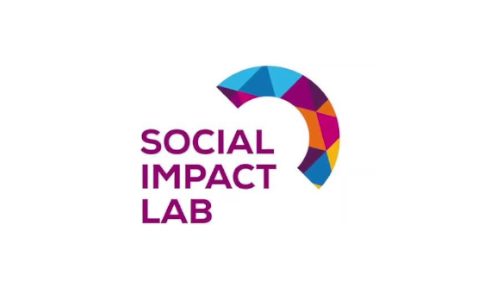
Small Business Speed Launch
Interested in launching your own business? Then the Small Business Speed launch is for you. Pre-register now!
The Student Enterprise Team provides current students and recent graduates with the skills, funding, and support to set up their own businesses – whether you're aiming to lead a social enterprise, work freelance, or launch a scalable startup, we are here to help.
You can stay up to date with Student Enterprise opportunities by signing up to our monthly mailer.
Register for our monthly mailer!Student Enterprise Opportunities

Interested in launching your own business? Then the Small Business Speed launch is for you. Pre-register now!
.png)
Get support for your business through our GROW funding pathway.

Are you ready to turn your business dreams into a reality? Look no further than the Foundership, exclusively for University of Southampton students and recent graduates!

Find out more about the Go Freelance Music event!

Find out more about the Go Freelance Creative event!
Get dedicated 1:1 support and guidance from our Student Enterprise Team
Book a 1:1 appointment
Associate Director of Careers, Employability & Student Enterprise (Operations)

Head of Student Enterprise & Events

Student Enterprise Consultant

Student Enterprise Consultant

Student Enterprise Consultant

Student Enterprise Coordinator

Student Enterprise Coordinator
The Student Enterprise team have been absolutely brilliant. The advice, support and funding that they offer has been instrumental in helping myself and Sina Medical Technology, and they continue to help us on our journey today!

Future Worlds is the University of Southampton on-campus startup accelerator offering staff and students the chance to accelerate the growth of their startup.

The Social Impact Lab focuses on social enterprise and can help you start your own social venture.

The South of England’s innovation hub. Offering guidance to startups and leading technology businesses.

SETsquared provides a wide range of highly acclaimed support programmes to help turn ideas into thriving businesses.

VentureFest South stimulates the south's business ecosystem through a year round programme of events and an annual Festival of Innovation.

The home for entrepreneurs at the University of Southampton! A diverse group of founders, leaders, and enthusiasts.

A community of students committed to using the power of entrepreneurial action to transform lives and shape a better, more sustainable world.

SotonWIB aims to encourage greater representation of women within typically male dominated industries.